Africa Followups
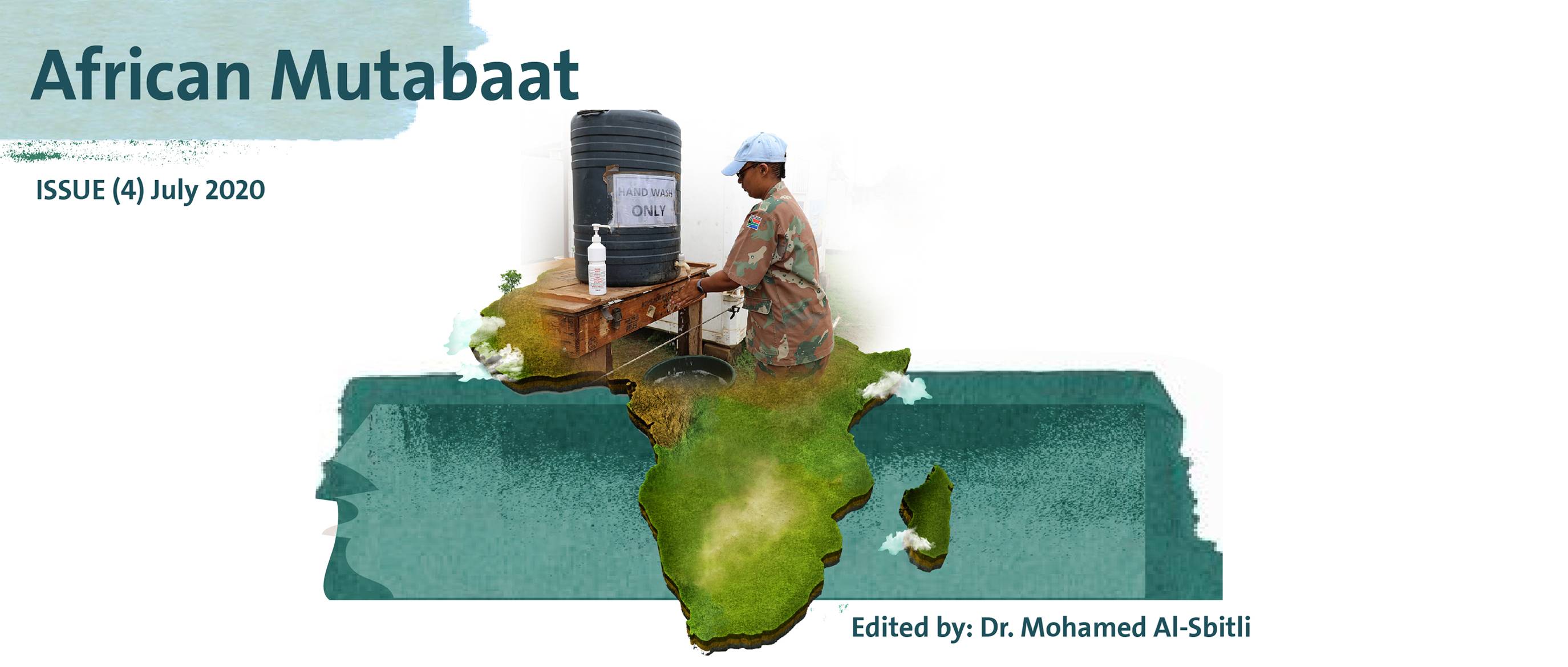
Number:
Author: Edited by Mohamed Al-Sbitli
The fourth issue of "African Mutabaat " deals with the political and economic repercussions of the Corona pandemic on the various regions of the African continent, the emergence of political and financial crises could further complicate the African situation, all of which have implications for the plans and projects of the African Union Organization. Studies address the evolution of the epidemiological situation, how governments respond to it, and its implications for certain social groups, such as refugees and displaced persons. In addition, it also discusses the future of cooperation between different regions, particularly in the field of food trade, in light of current
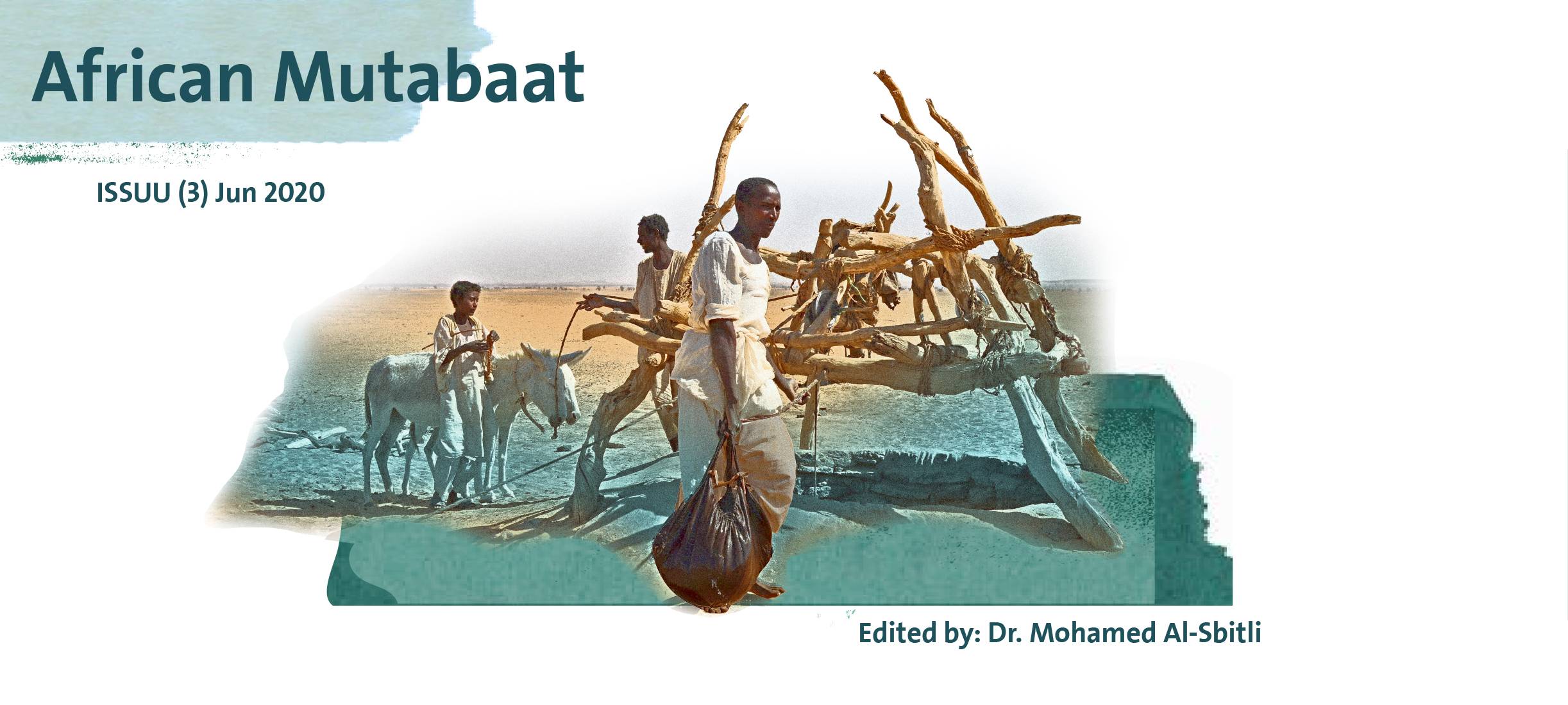
Number:
Author: Edited by Mohamed Al-Sbitli
A third issue published of The African follow ups, full of geostrategic articles about the Horn of Africa, especially Somalia, Eritrea and Kenya. In addition to dealing with the spread of extremist movements in central and southern Africa, and the repercussions of environmental degradation on the civil peace in Chad. Articles cover several regions of the continent in the north, south and east, on political, economic and social aspects.
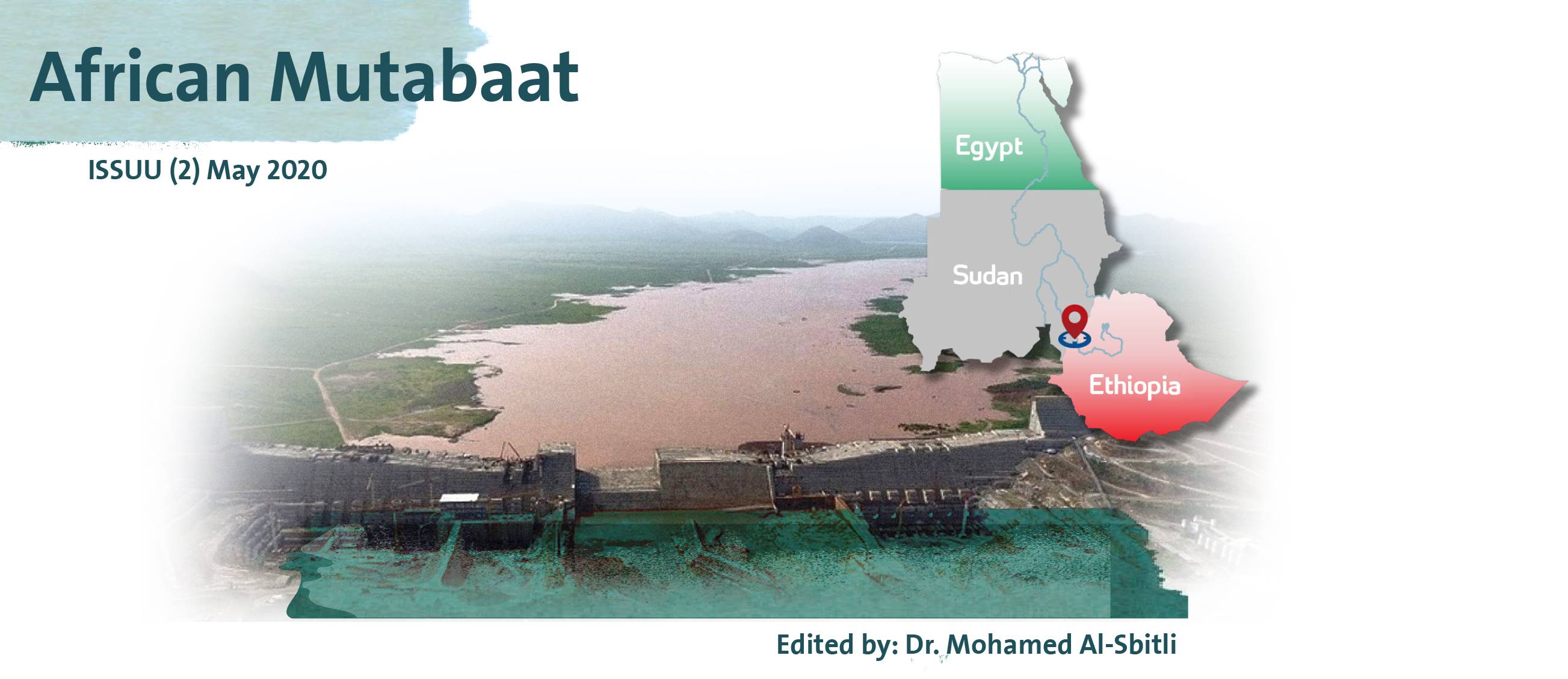
Number:
Author: Edited by Mohamed Al-Sbitli
This second issue of African follow-up is devoted to the file of the Ethiopian Renaissance Dam as a geopolitical issue. The Ethiopian vision and the positions of Sudan and Egypt on the issue of the dam were presented, which sparked long differences and negotiations without reaching a compromise solution. The file also included the positions of Somalia, Eritrea and Djibouti. The articles presented clarify the backgrounds of disputes and documents on which the countries concerned depended on determining their position. An article on the Muslim community in South Africa was assigned to this issue.
*Available in Arabic only
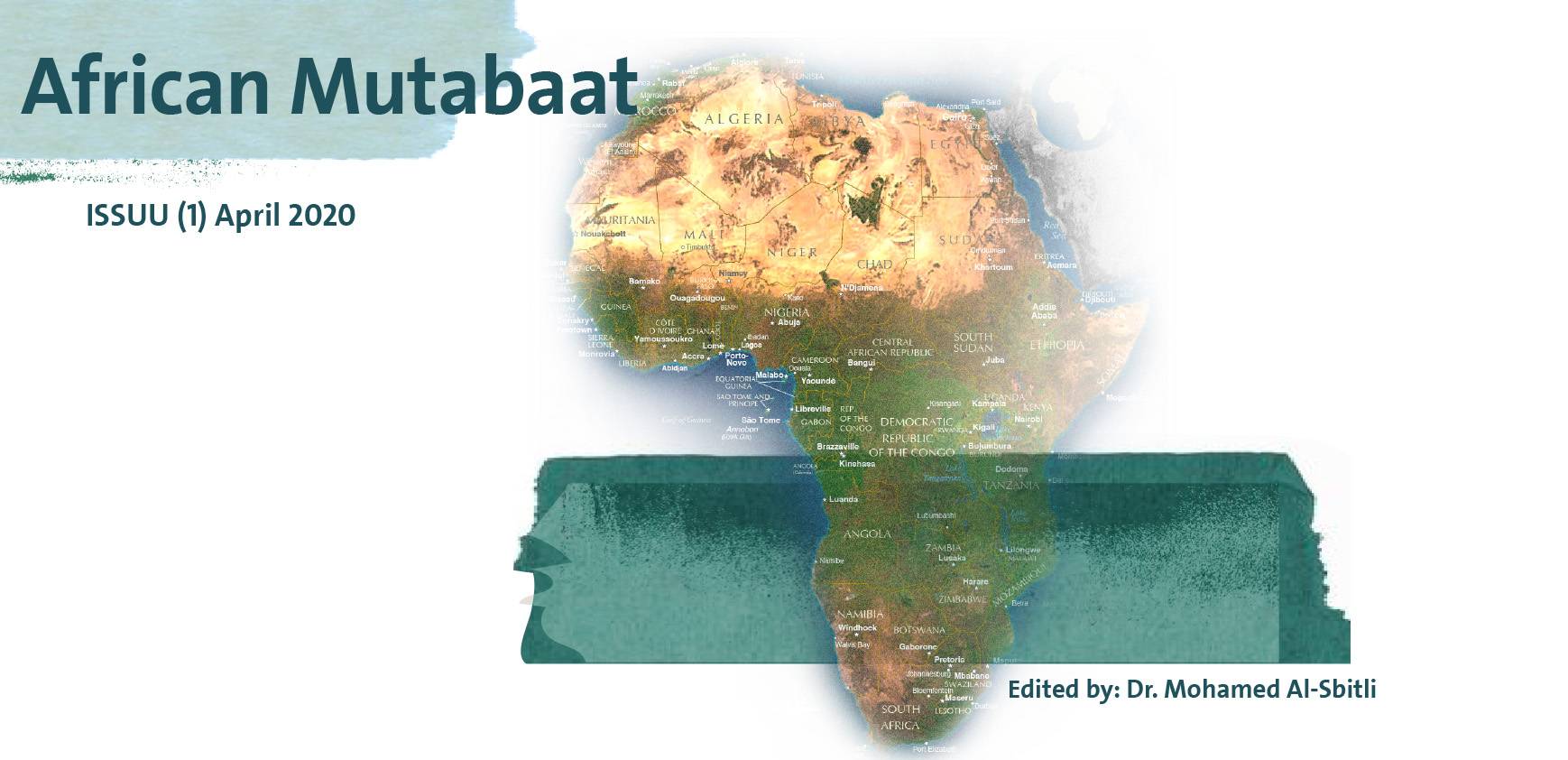
Number:
Author: Edited by Mohamed Al-Sbitli
Monthly report on developments in the African continent. This issue reviews the course of events in some African countries. Like the challenges of the transitional period in Sudan. And analyzing Boukouhram's strategy in Lake Chad and Nigeria. And external interventions in the internal political affairs of Somalia and border disputes between Mauritania and Senegal. As well as some other topics.
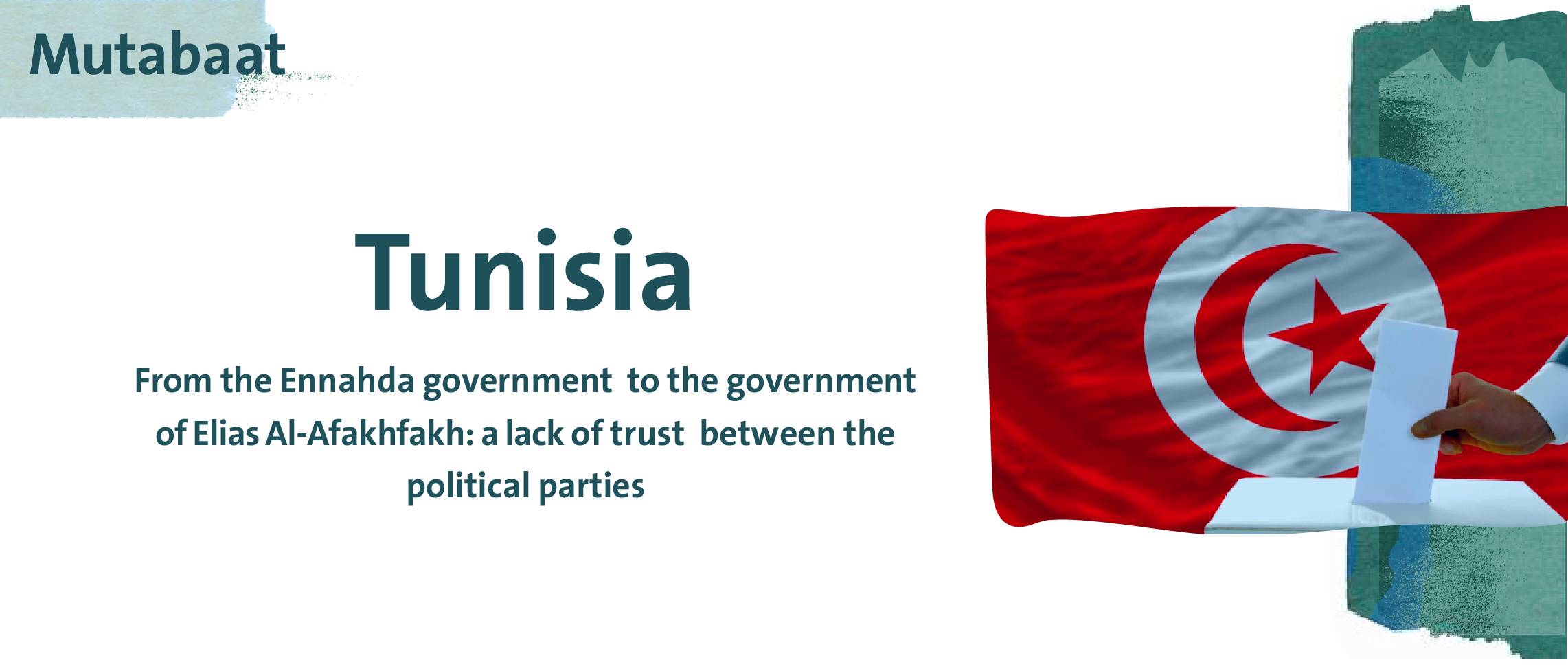
Number:
Author: Mohamed Al-Sbitli
In this report, Dr. Sbitli reviews the path of forming the new government in Tunisia. The report gives an explanation of the political and partisan interactions between the actors in light of the results of the recent legislative and presidential elections.
* English version is not available
Number:
Author: Mohamed Al-Sbitli
The 6th of October represented an important political turning point since the 2011 Tunisian revolution. Legislative elections, despite a mediocre turnout (41% turnout), showed a change in the mood of public opinion represented by the emergence of new party forces and the absence of other formations that had been in place since 2011 and after 2014, and appeared essential in shaping the general political scene.
The English translation is currently unavailable.
